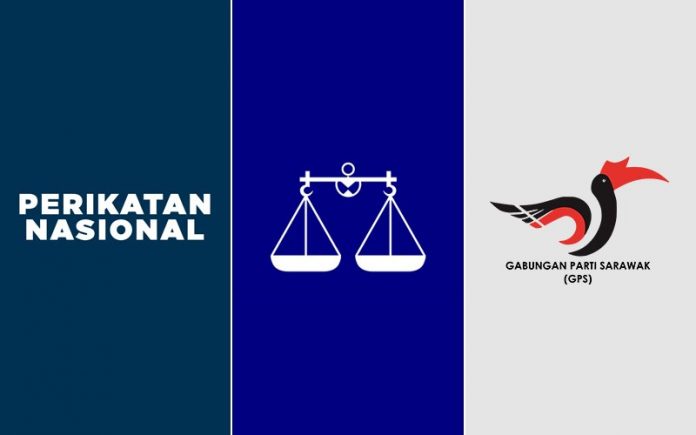
PETALING JAYA: Amid an ongoing debate among political parties on cooperation and alliances, some analysts are saying there is little option beyond forming a grand coalition if a stable government is to be established.
The idea of formally uniting the already existing coalitions of Perikatan National (PN), Barisan Nasional (BN) and Gabungan Parti Sarawak (GPS) was raised last week by PPBM secretary-general Hamzah Zainudin.
But Umno vice-president Mohamed Khaled Nordin questioned the need for more coalitions. He said coalitions existed to “suck the power” out of individual parties.
However, former academic Azmi Hassan said neither the grouping of PN, Umno and GPS nor Pakatan Harapan (PH) was strong enough to form a government if an election were to be held today.
“With the weak situation faced both by the government parties and the opposition,” he said, “a grand coalition is much needed, even though some party leaders are not prepared for it.”
He said some horse trading might be needed in order to achieve this, with parties reaching across the aisle to convince adversaries to join their ranks.
However, he also said it might take time for such a coalition to be established. “It might be impossible to do pre-GE15, but if the horse trading occurs post GE15, then I can foresee a future where a grand coalition establishes a very stable government.”
Tunku Mohar Mokhtar of the International Islamic University of Malaysia said forming a grand coalition would be “the most realistic way for political parties to create a strong platform to mobilise” the support of voters.
He said PH was a “fantastic example” of a grand coalition during its stint in power, but added that it was poor party discipline that led to its toppling.
The maintenance of discipline would be important if any future coalition was to be successful in the long term, he added.
“Legislating an anti-hopping law can ensure that members will not cross the floor. Most arguments against this is that it is unconstitutional. The reality is that there’s no political will to do it.”
Syed Arabi Idid, a political strategist, said the multi-ethnic makeup of the country made it essential to ensure adequate representation in a grand coalition.
“A coalition of Malay-based parties, for example, might find it difficult to work without support from other Bumiputeras and the Chinese and Indians.”
He said he expected the different parties to continue seeking new partners as there was uncertainty over their positions. Such a fluidity of agreements would continue to be a feature of cooperation until a dominant bloc was formed, he added.


